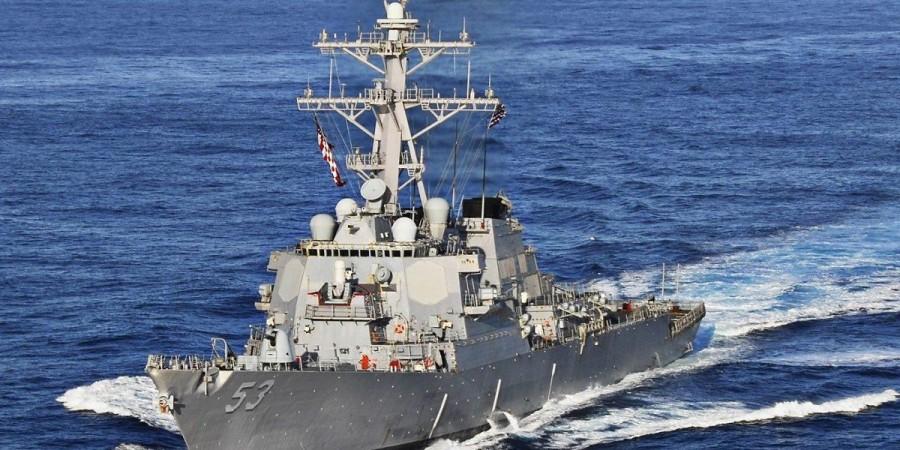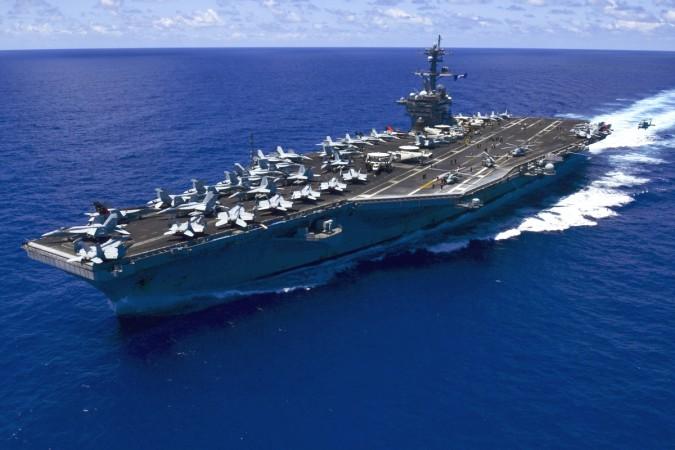The Ministry of External Affairs has raised its concern over the US Navy's conduct of freedom of navigation patrol in India's exclusive economic zone (EEZ) without its consent. However, the Pentagon, the headquarters building of the United States Department of Defense has defended the action arguing that the decision has been "consistent with international law."
The development may strain the relationship between the two countries who are seeking greater cooperation under Quad to contain China in the Indian Ocean Region.
Moreover, this is not the first time the US Navy has entered India's EEZ. With the exception of 2018 and 2020, the US has registered a FONOP directed at India every year from 2007 to 2021. In 1992, 1994, 1996, 1997, 1999, 2000, and 2003, it conducted FONOPs towards India

In an official statement, the MEA has conveyed the concerns to the USA government. The official release read, "India's stated position on the UN Convention on the Law of the Sea (UNCLOS) is that the Convention does not authorize other states to carry out in the Exclusive Economic Zone (EEZ) and on the continental shelf, military exercises or manoeuvres, in particular those involving the use of weapons or explosives, without the consent of the coastal state."
It further added, "The USS John Paul Jones was continuously monitored transiting from the Persian Gulf towards the Malacca Straits. We have conveyed our concerns regarding this passage through our EEZ to the government of the USA through diplomatic channels."
US defends the action
Defending its action, Washington argued the US Navy announced on April 7 that it executed freedom of navigation operation (FONOP) in Indian waters without prior permission from New Delhi to challenge India's "excessive maritime claims."
On Friday, Pentagon spokesman John Kirby said, "I can tell you is that the USS John Paul Jones, a Navy destroyer, asserted navigational rights and freedoms in the vicinity of the Republic of the Maldives by conducting innocent passage through its territorial sea in normal operations within its exclusive economic zone without requesting prior permission."

It is pertinent to note that the rights of coastal States to prevent foreign military ships from performing military operations within their EEZ vary significantly between India and the United States.
India has ratified the UN Convention of the Law of the Sea (UNCLOS) in 1995 and has affirmed that "the provisions of the Convention do not authorize other States to carry out in the exclusive economic zone and on the continental shelf military exercises or manoeuvres, in particular, those involving the use of weapons or explosives without the consent of the coastal State".
In contrast, the US is yet to ratify UNCLOS.

















